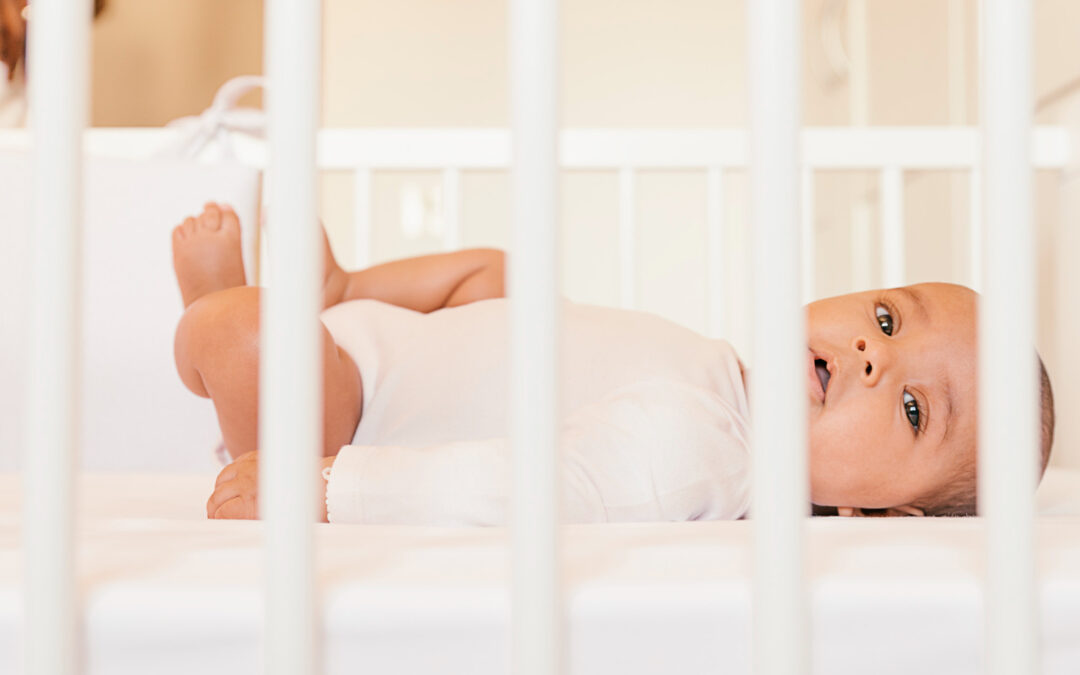One of the most exciting experiences in life is welcoming a new bundle of joy into the world. Starting a new chapter with your family is full of exciting moments. However, many life changes are involved with welcoming your little one and adjusting to this new life. The journey can be overwhelming, but with all the joy comes a big, unpredictable challenge: PPD or postpartum depression, which many new moms find themselves dealing with. This condition can affect as many as 15% of all new mothers and can put a damper on what should be one of the happiest times in life. Being able to recognize the signs of postpartum depression can help you get back to enjoying this new chapter in life.
What Is Postpartum Depression?
Postpartum depression is more than just having the blues after childbirth; it is a mental health condition that affects a new mom’s well-being. Symptoms can range from extreme sadness to a loss of usual interest in daily activities, changes in appetite or sleep, and even thoughts of suicide. Unlike the “baby blues,” which generally disappear after a couple of weeks, PPD may be ongoing and affect the mother’s daily life. Studies show that as many as 1 in every 7 new mothers experience PPD, and it can start at any time after pregnancy, although symptoms usually appear during the first six weeks.
What Causes Postpartum Depression?
During and after pregnancy, the body goes through some extreme changes that can greatly impact the mother’s emotional well-being. Hormones like estrogen and progesterone rise quickly during pregnancy and fall a few days after giving birth.
This rapid change can affect the brain and often leaves many new mothers feeling depressed, anxious, or struggling with other mental health concerns. Other changes during and after pregnancy that also play a factor—such as recovery, new daily routines, shifts in relationships, worries about the baby, and less sleep—also contribute to postpartum depression.
How Is It Different from “Baby Blues”?
Baby blues usually show up in the days after childbirth and typically fade within a couple of weeks. Postpartum depression is more intense and can last many months or longer if left untreated. Because symptoms can overlap, it helps to know the difference so you can get support sooner.
Signs of Baby Blues include:
- Anxiety and irritability
- Sadness and crying
- Overwhelm
- Mood swings
- Trouble concentrating
- Loss of appetite
- Changes in sleep
Signs of Postpartum Depression include:
- Severe mood swings and depression
- Changes in appetite
- Changes in sleep
- Loss of energy
- Less interest in daily activities
- Fear of not being a good mother
- Hopelessness
- Guilt, shame, or worthlessness
- Not being able to think clearly
- Panic attacks and severe anxiety
- Suicidal thoughts
- Thoughts of harming your baby
How to Manage Postpartum Depression?
PPD is treatable, and it’s important to reach out to a healthcare professional to get the support and treatment you need. Some self-care practices can also help you cope and recover from PPD, including therapy, joining support groups to make you feel less alone, eating well and exercising, maintaining social connections, taking time for activities that bring you joy and reinforce your self-identity, and getting help with the baby and household chores.
Ketamine for Postpartum Depression
Fortunately, there are many different types of treatment available for postpartum depression. Traditional treatments include antidepressant medications and several forms of therapy. However, ketamine therapy has been used to help treat PPD with promising results. A new study published in The BMJ has shown that a single low dose of ketamine treatment just after childbirth can significantly lower the risk of major depressive episodes in new mothers with prenatal depression by about 75%. Ketamine’s rapid onset and impactful effects make it a promising tool in managing postpartum depression and mental health conditions.
Contact JoyDeVie Infusions
If you or your loved one is struggling with postpartum depression, it is important to talk to your doctor and seek out treatment. Remember, you are not alone on this journey. Our team is here to help find the best treatment option for you and get you back to enjoying life with your new family. Contact us today!

